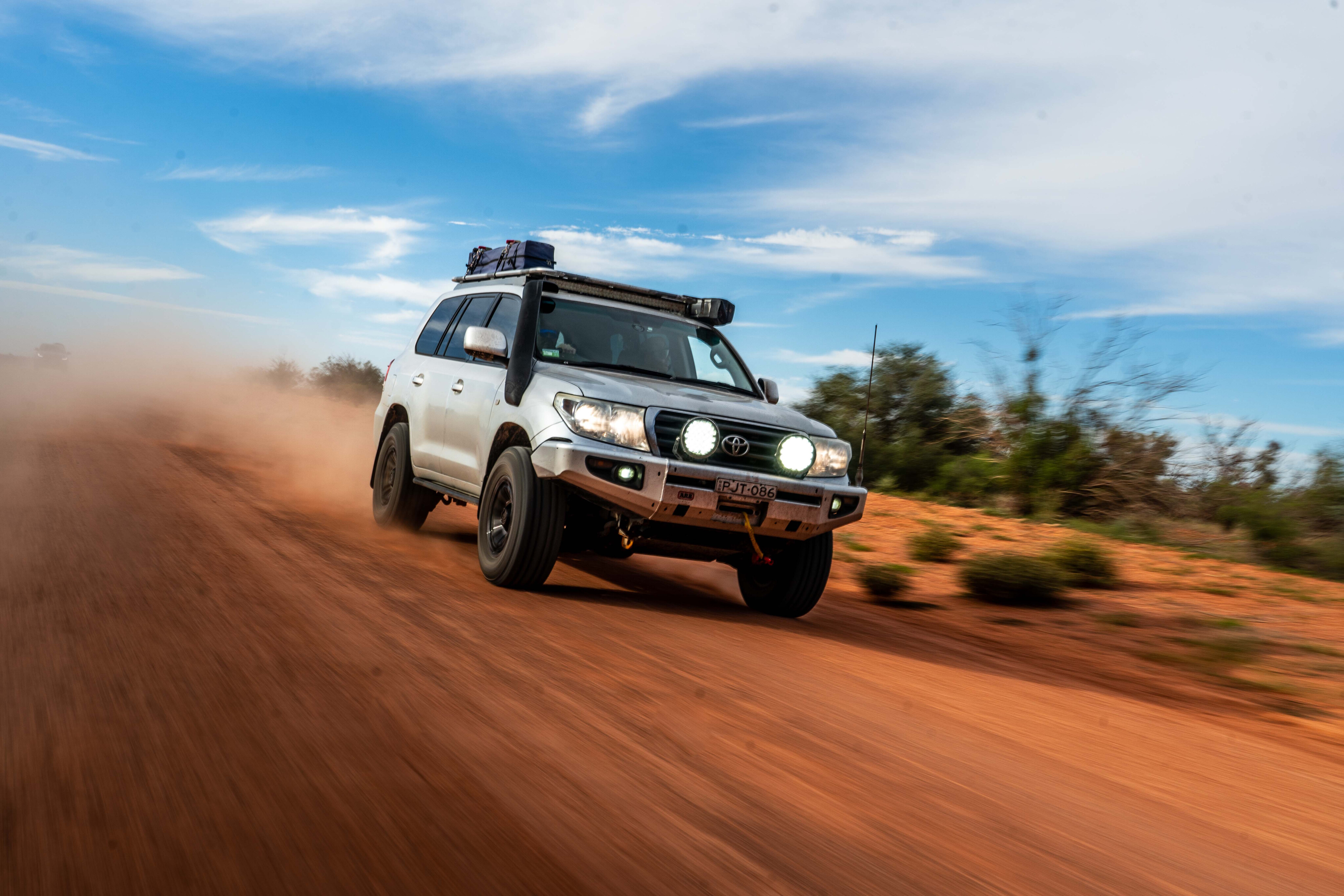
The Oodnadatta Track isn’t merely a playground for dust-covered 4x4s or a pilgrimage route for adventurers — it’s a heritage-listed travel artery, pulsing with the history of Australia’s past.
Covering 614km from Marree to Marla, this well-worn path has layers of history that date back thousands of years. Ancient aboriginal inhabitants used the natural springs as a connect-the-dots route through the red centre, Mother Nature’s rustic hydration stations that make a desolate world far more forgiving.
Following this exact route helped John McDouall Stuart become the first European to cross Australia’s interior from south to north in 1859.
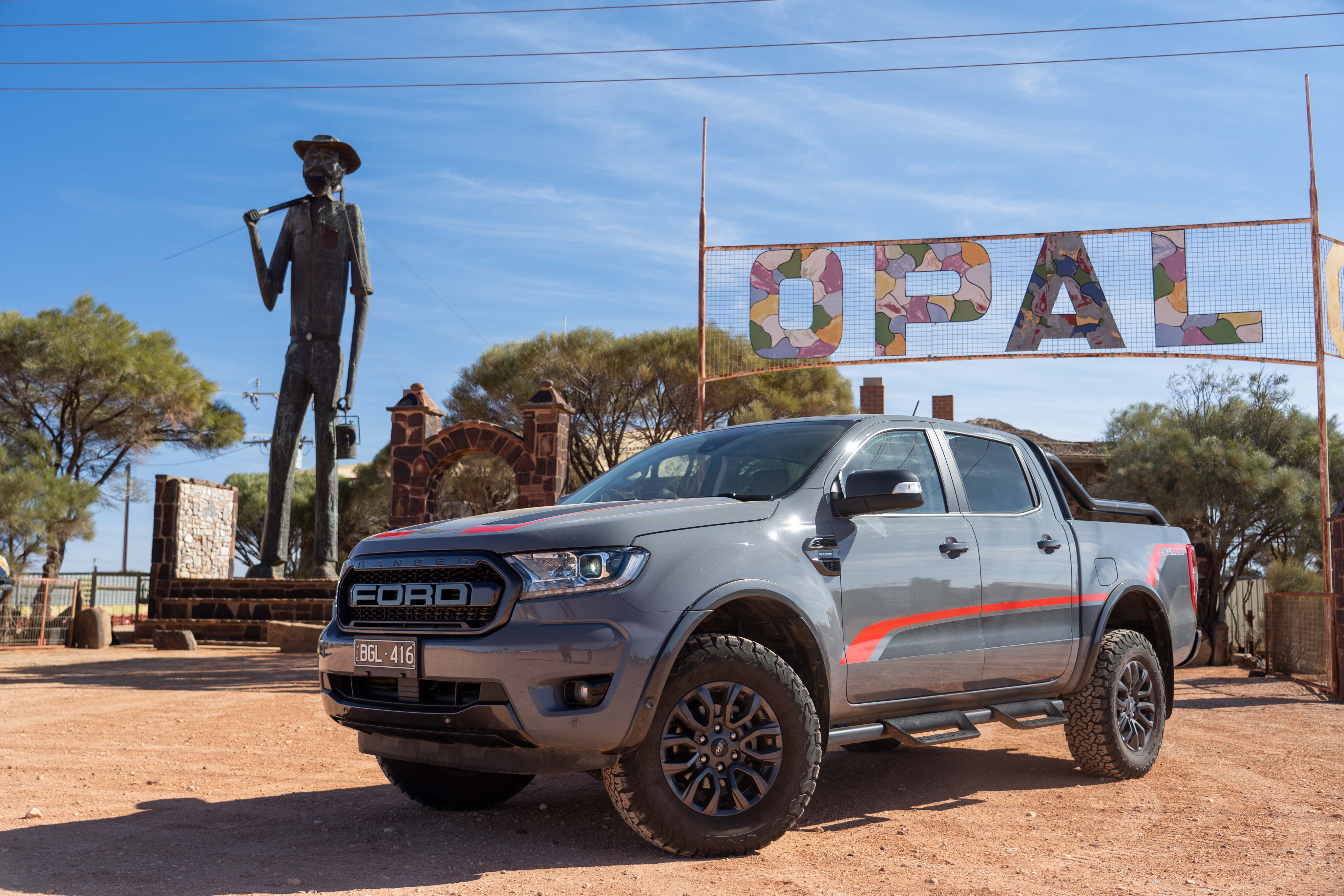
The late-1800s was an era marked by the clang of hammers and unique silhouettes of Afghan cameleers and their camels stretching along the Central Australian sands.
The Ghan Railway, a moniker in tribute to the Afghans, followed much of what we now call the Oodnadatta Track. More than a set of carriages rattling along the outback, it was an engineering marvel connecting people and places. Stopping at vital springs for water, the train became a lifeline for much of Central Australia.
While the Ghan Railway was putting down its tracks, another game-changing venture was unspooling alongside it – the Overland Telegraph line. This ambitious project, completed in 1872, was Australia’s version of the Internet 1.0, connecting Adelaide to Darwin and through an underwater line to Java in Indonesia, thereby hooking Australia up to the rest of the world.
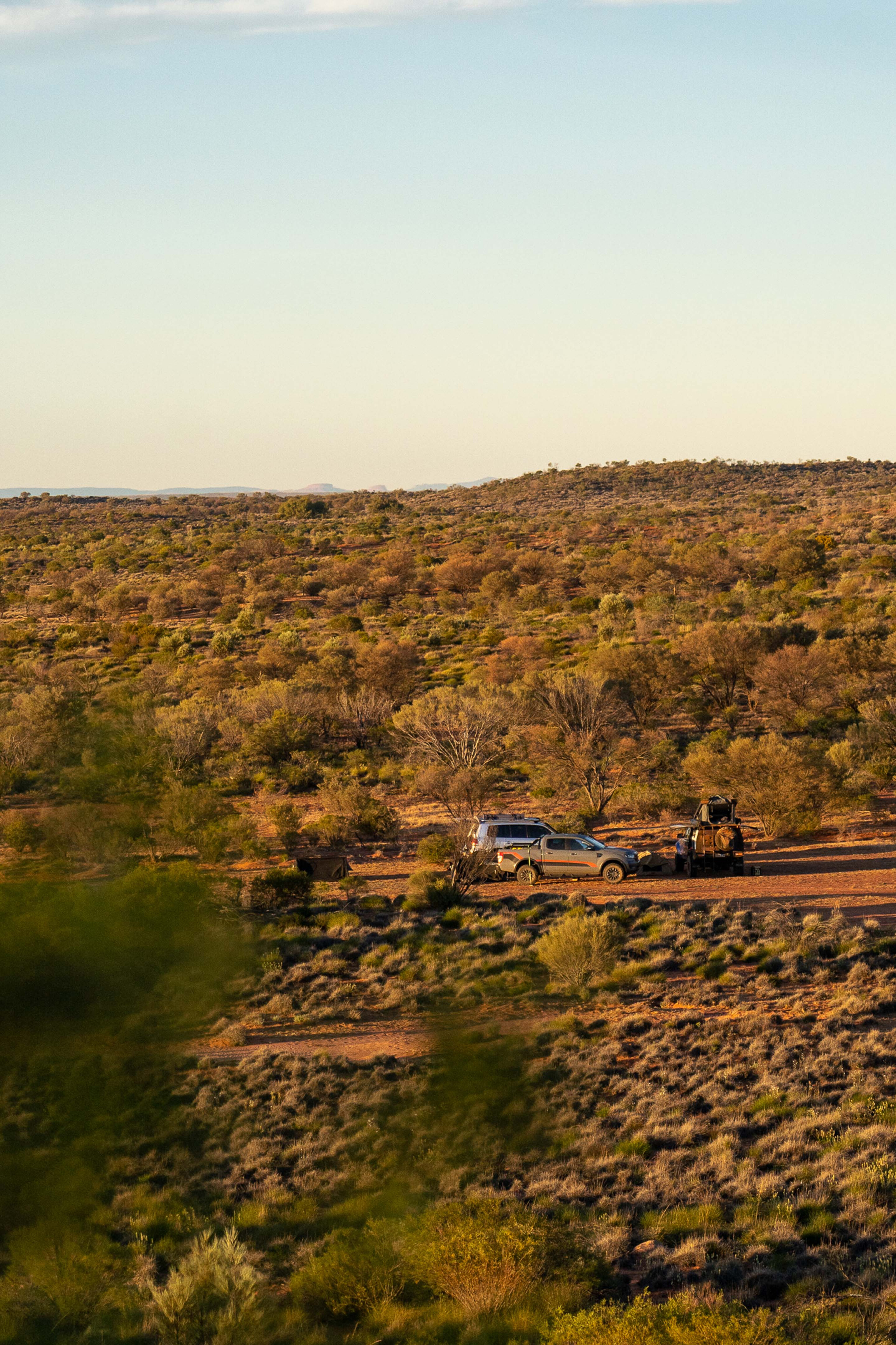
The telegraph line was laid alongside the early Ghan Railway route, and the two shared common stops, usually near mound springs or other water sources.
This line didn’t just transmit messages; it transmitted the dreams and fears of a nation that was rapidly hurtling into the modern age. Several ruins of old telegraph stations can still be seen as you traverse the Oodnadatta Track, testimony to this bygone era of ingenuity and ambition.
When you’re wheeling your way along the Oodnadatta Track, spare a thought for the world you’re passing through. It’s not just red dirt and shrubbery; it’s the canvas upon which the Aboriginal traders, Afghan cameleers, railway engineers and telegraph operators painted a vibrant, albeit rugged, picture of Australia’s indomitable spirit.
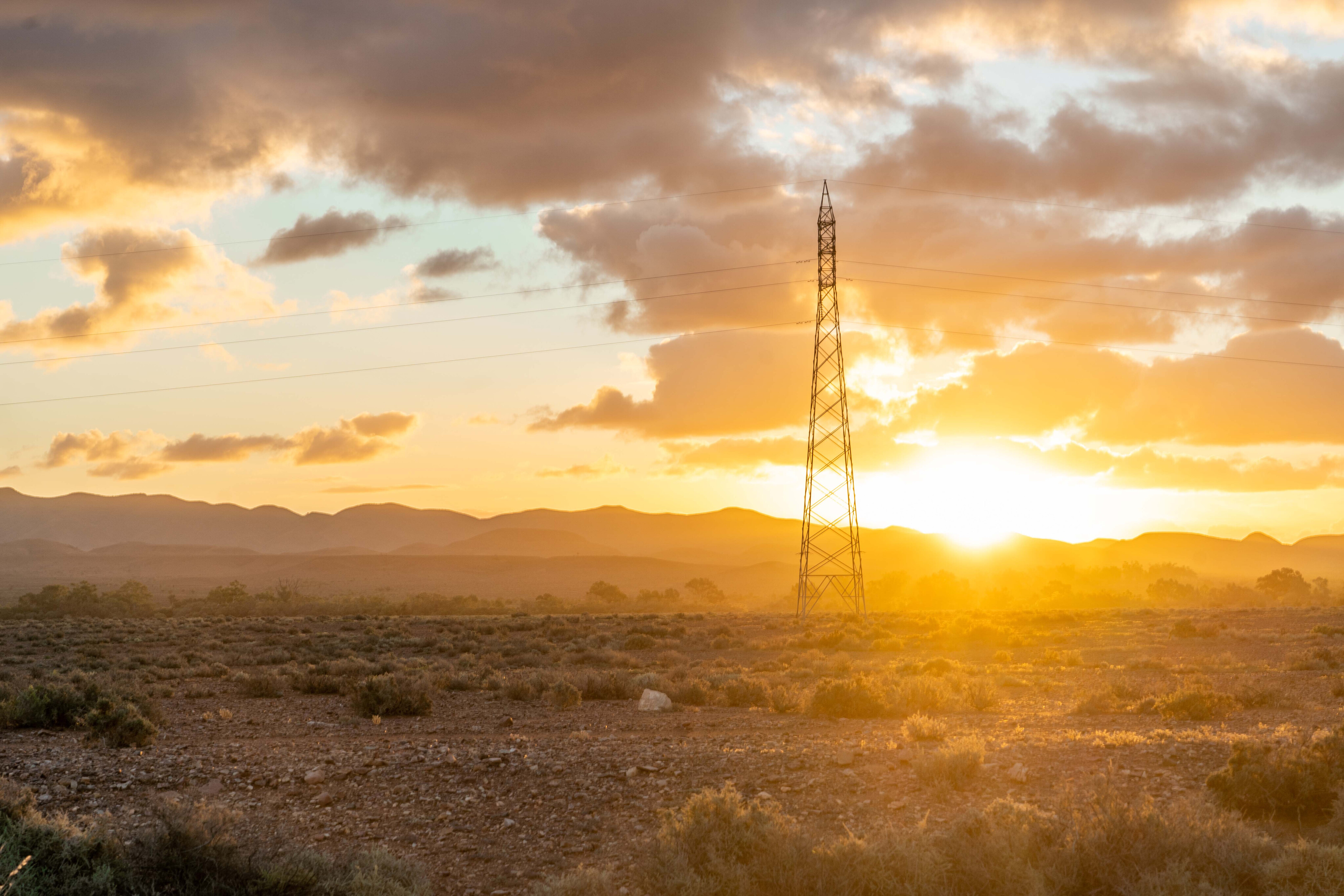
South to north along the track
One hundred and fifty years ago, travelling the Oodnadatta track was literally a life-or-death kind of experience.
These days, you’d be hard pressed to knock the stubby lever into high-range 4x4 along the track’s 614km of corrugations, let alone need low-range. Heck, it’d be weird if you didn’t pass a dodgy old Hiace full of backpackers with some questionable graffiti masquerading as a paint job.
But it’s one hell of a road trip, especially for people new to remote-area travel. Here’s what’s worth seeing along the way?
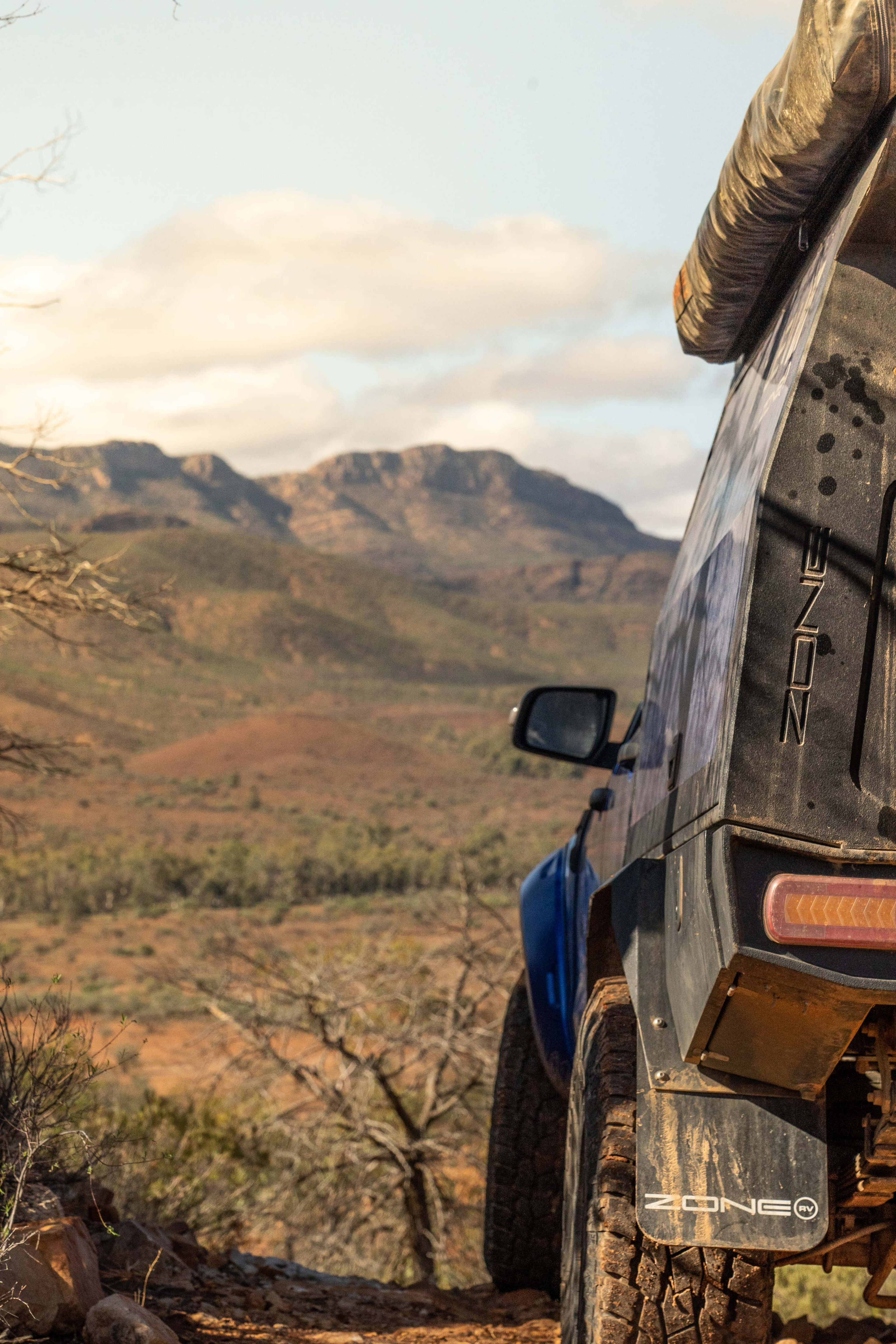
Marree
Think of Marree as the gateway to your Oodnadatta adventure. This isn’t just a pitstop, it’s a living history book, the pages full of the Afghan cameleers and the Old Ghan Railway.
It’ll be one of the last places to get any semblance of supplies, but realistically it’ll be a tank full of diesel and a stomach full of counter-feed before heading off into the wilderness.
Like most country towns, it’s a little cooky, in the best of ways, so make sure you head over to the Lake Eyre Yacht Club for a look around. It’s good for a laugh, but after rains, the locals hit the lake in their yachts.
It’s worth poking your head into the Tom Kruse Museum too. The literal link between the heart of Australia and the rest of the world, Tom braved dust storms, soaring temperatures, desert crossings and floods to make sure the mail got through.
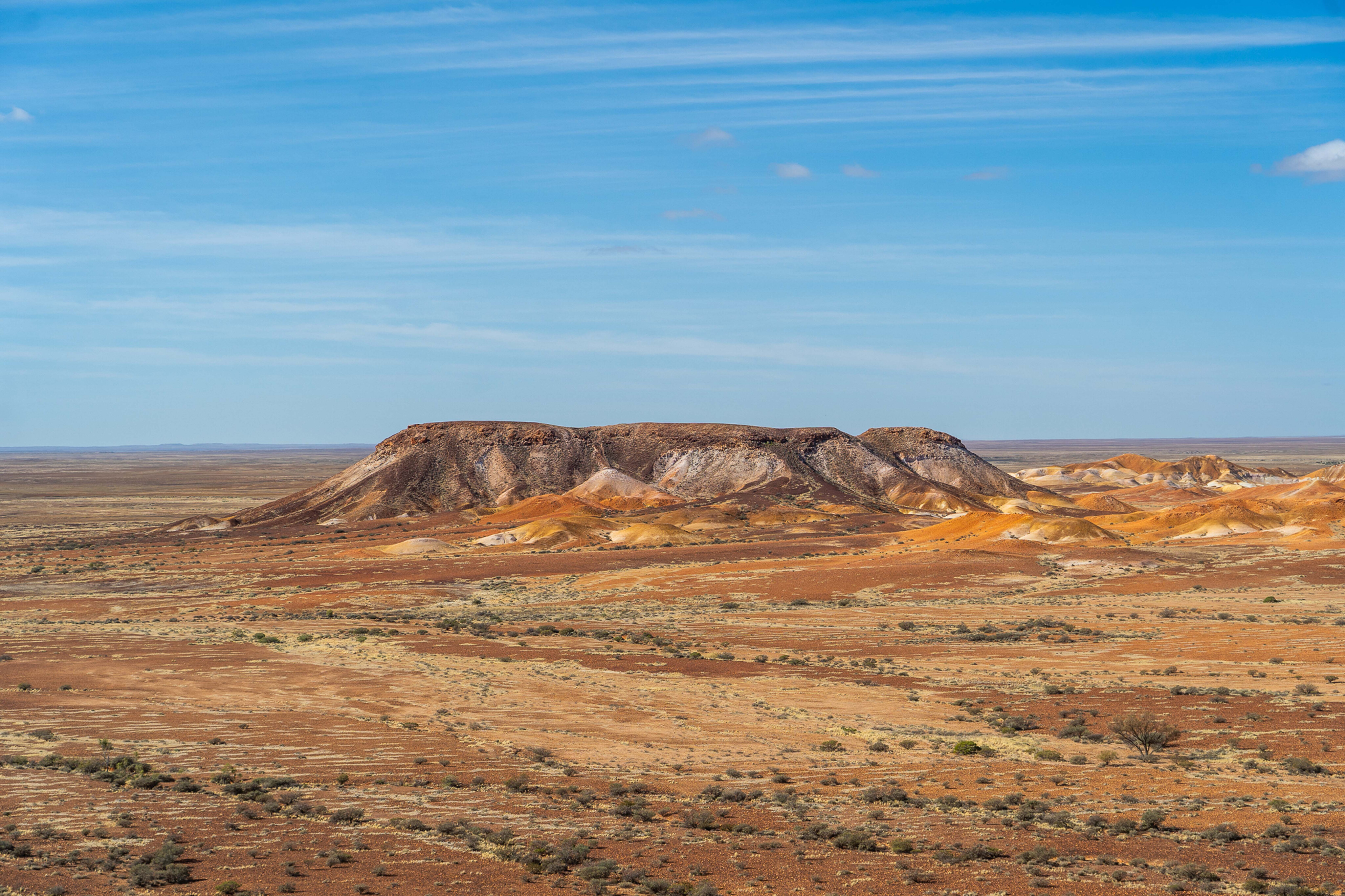
Coward Springs
After polishing off a counter feed at the Marree Hotel you’ll trek north 130km to a little place called Coward Springs.
If you blink you’ll miss it so make sure you plot out your GPS waypoints for this literal desert oasis that’s nestled in the middle of nothing half an hour past nowhere.
The property is a working date farm, many of the plants harking directly back to the old Afghan cameleers, and the original rail siding was built for the Old Ghan back in 1888 when it was probably known as the New Ghan. Even if you’re not camping, it’s worth paying the $2 entry fee to duck in and check out the thermal pools, and the old train driver’s cabin.
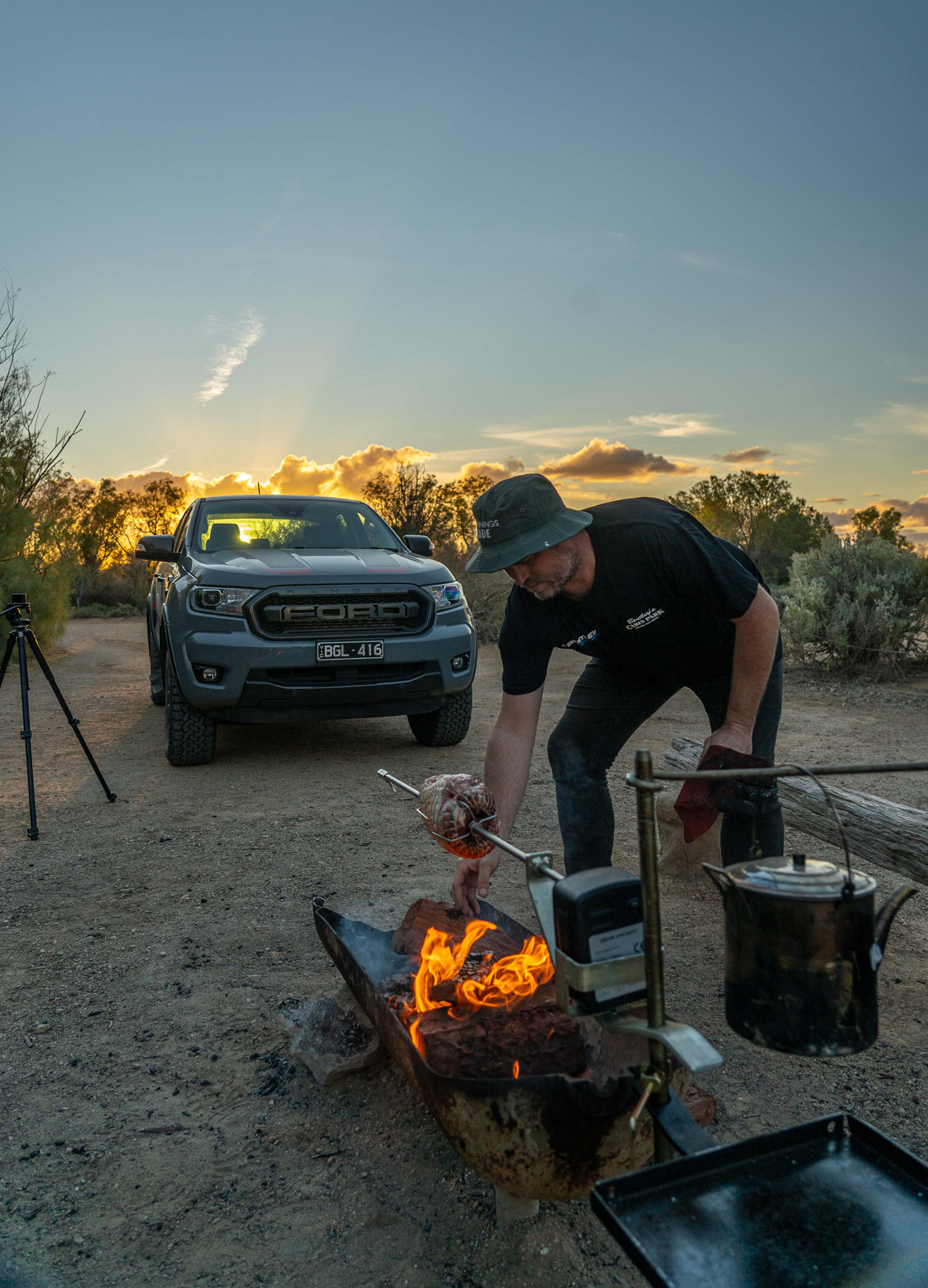
William Creek
Halfway along the track you’ll have another couple hundreds clicks on your dash as you stroll into a little town called William Creek, although to be fair it’s more of a loose collection of buildings and characters than a town.
The William Creek Hotel has the usual outback roadhouse kit, so you can bank on diesel, petrol, basic mechanical repairs and an endless supply of cold beers. It also happens to be on Anna Creek Station, the world’s largest cattle station. John Dutton would be green with envy.
Time it right, and the town is teaming with aviation nutters from every corner of the country for the annual fly-in. Otherwise, take a stroll through the memorial park, have a gander at 100 years of history in the pub, and enjoy all the modern amenities of South Australia’s only 100 per cent solar-powered town. How’s that for progress?
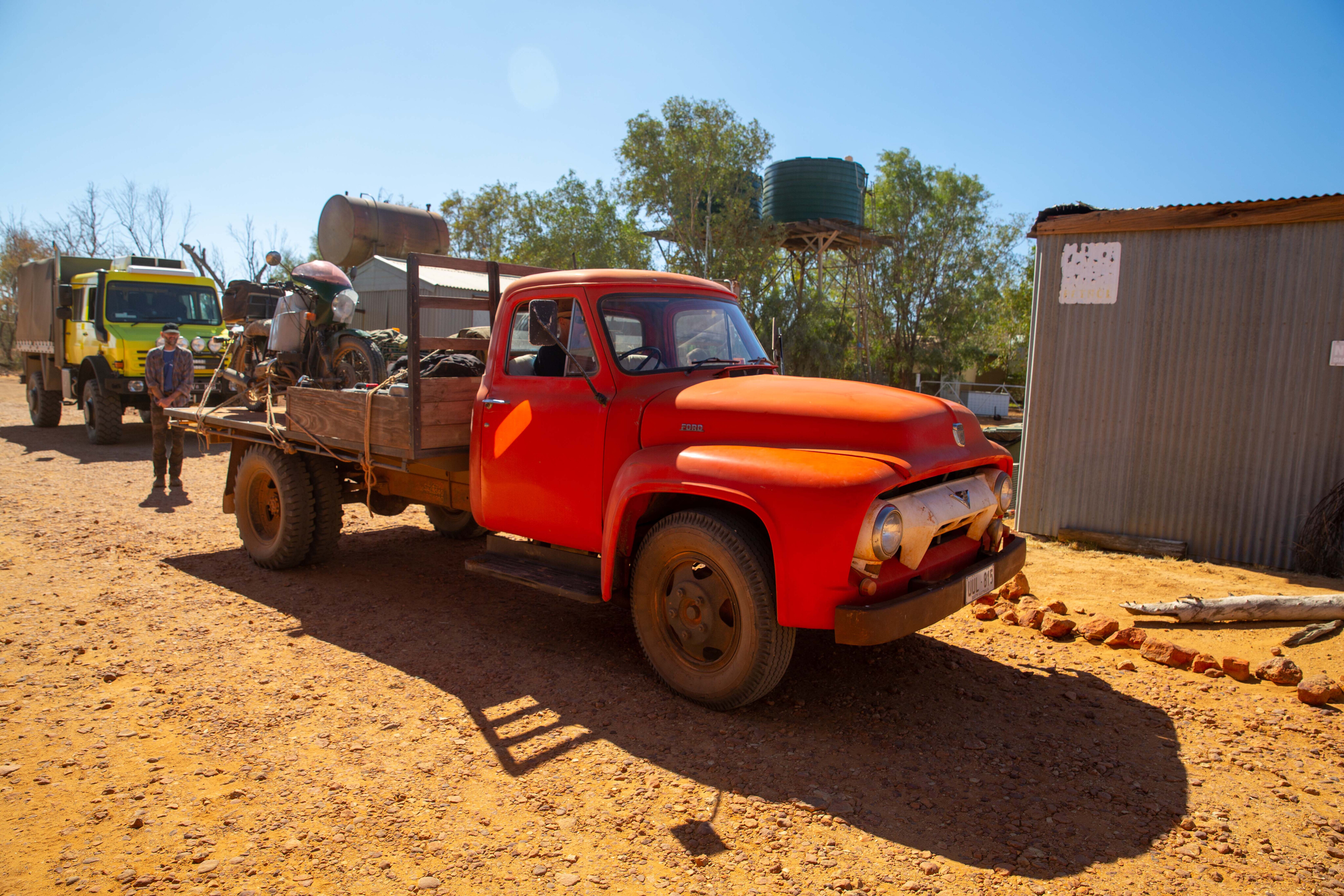
Oodnadatta
Ah, the end of the Oodnadatta Track. What a coincidence it happens to finish at a place of the same name.
Many travellers take a hard left at William Creek, heading west to Coober Pedy, so for the last leg of the journey you’ll get to experience good and proper isolation like you’ve never seen it before.
Legend has it the town derives its name from the Aboriginal word Coodnadatta, which roughly translates to Dead Man’s Poo, a reference perhaps to an artesian bore near the town responsible for some truly atrocious liquids.
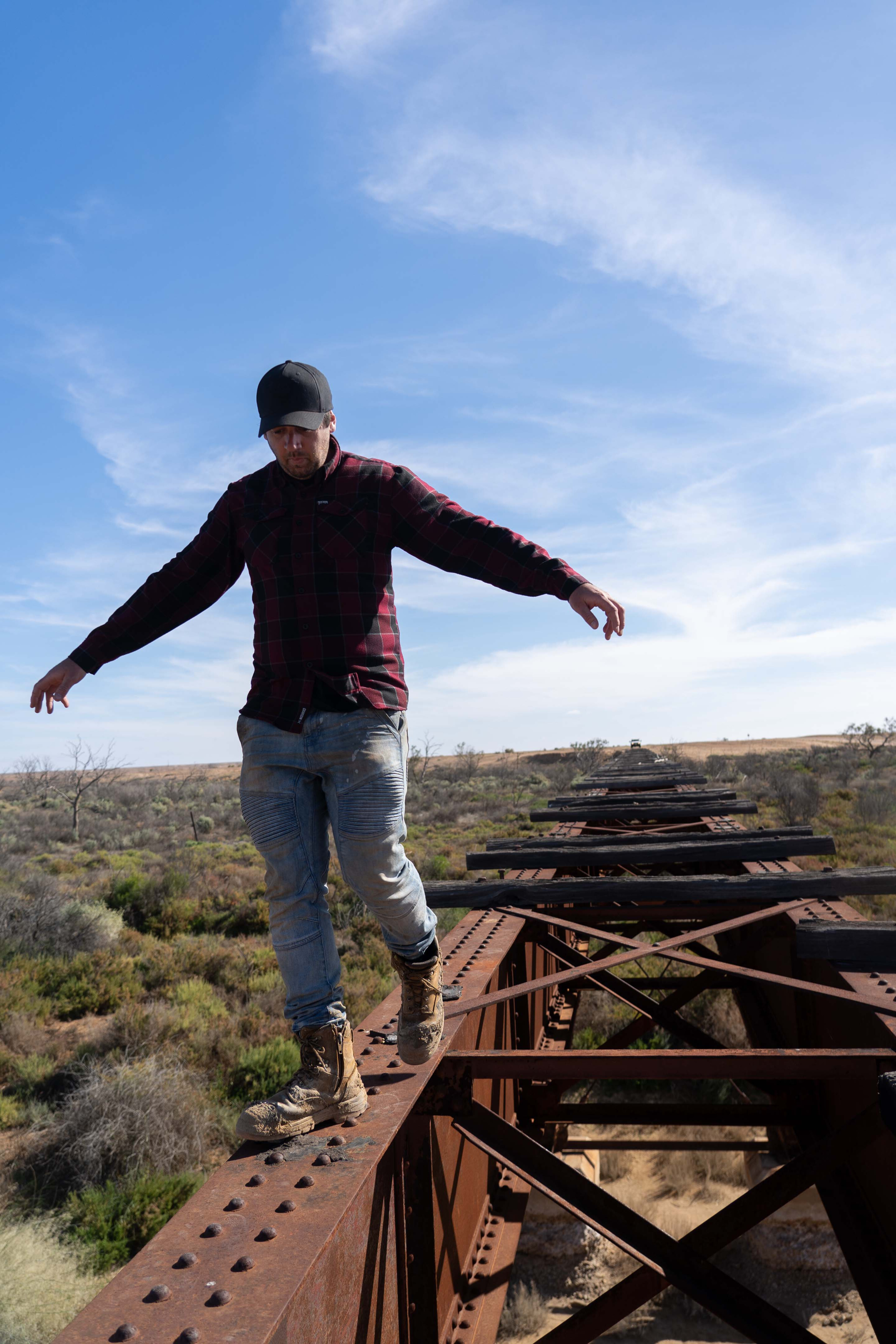
Regardless, you’ve bloody made it, so treat yourself to a world-famous Oodna-burger at the Pink Roadhouse.
\While you’re there grab yourself the must-have Instagram shot and ask behind the counter for a key to the Old Ghan Museum across the road; it’s well worth the price of admission for a peek behind the curtain on days gone by.
So there you have it. The Oodnadatta Track is not just a journey; it’s a near-literal gateway to the outback. It’s where your 4x4 stops being a machine and becomes a companion. Where you stop being a driver and become a pilgrim in the temple of dirt and sky.
Pack your bullbar with enough lights to impersonate a UFO, charge your satphone, and fill your fridge with enough tinnies to survive an apocalypse. The Oodnadatta is calling, and trust us, you want to answer.
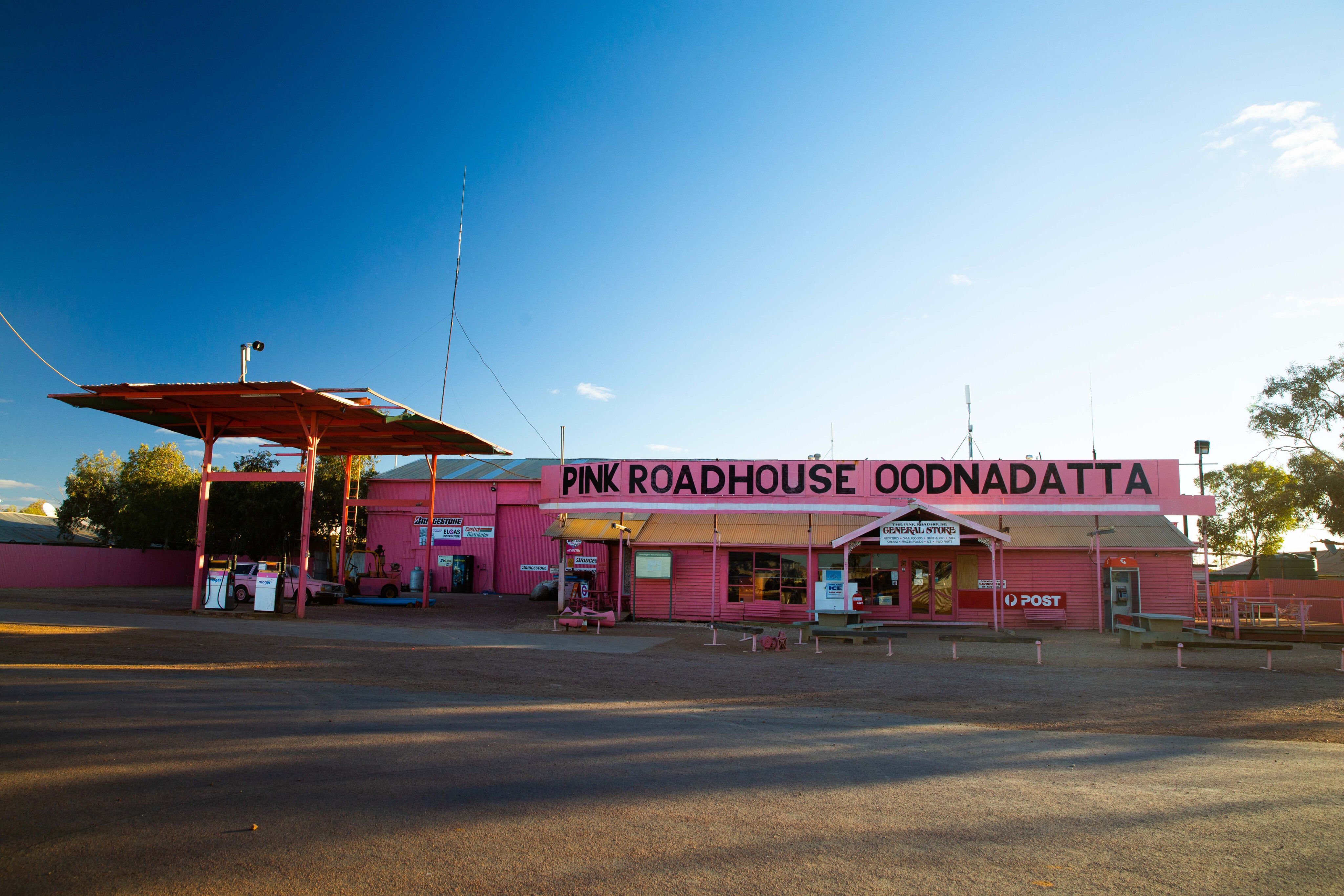
Essentials for an Oodnadatta odyssey
Now that we’ve tantalised your adventurous spirit with the allure of the Oodnadatta Track and its surroundings, it’s time to discuss the essentials you’ll need to ensure a safe and enjoyable expedition.
Reliable 4x4 vehicle
The Track isn’t exactly 600 kays of gunshot creek but it still demands a robust and well-maintained 4x4 vehicle equipped for outback travel. Ensure your vehicle is serviced, and all essential components are in top shape. If it can rattle off it will.
Communication
Due to remote areas with limited mobile coverage, a satellite phone or personal locator beacon is a lifeline in case of emergencies. At a bare minimum, have a UHF with a high-gain antenna.
Navigation
GPS devices and detailed maps are essential. While the Track is relatively straightforward, its isolation means navigation mistakes can have serious consequences if you get yourself turned around.
Water and food
Always carry ample drinking water and non-perishable food supplies. The outback heat is unforgiving, and you’ll need to stay hydrated.
Camping gear
The outback can get mighty hot, but it can get mighty cold too so pack appropriately – a decent sleeping bag, a way to get off the ground, a fridge to keep your drinks cold and a way to cook your steaks.
Fuel and spares
Fuel stops can be few and far between, so carry a few jerry cans. Also, have spare parts and tools for common issues with your rig.
First aid kit
Carrying a comprehensive first aid kit is important: knowing how to use it is even more important. The nearest medical assistance can be hours away.
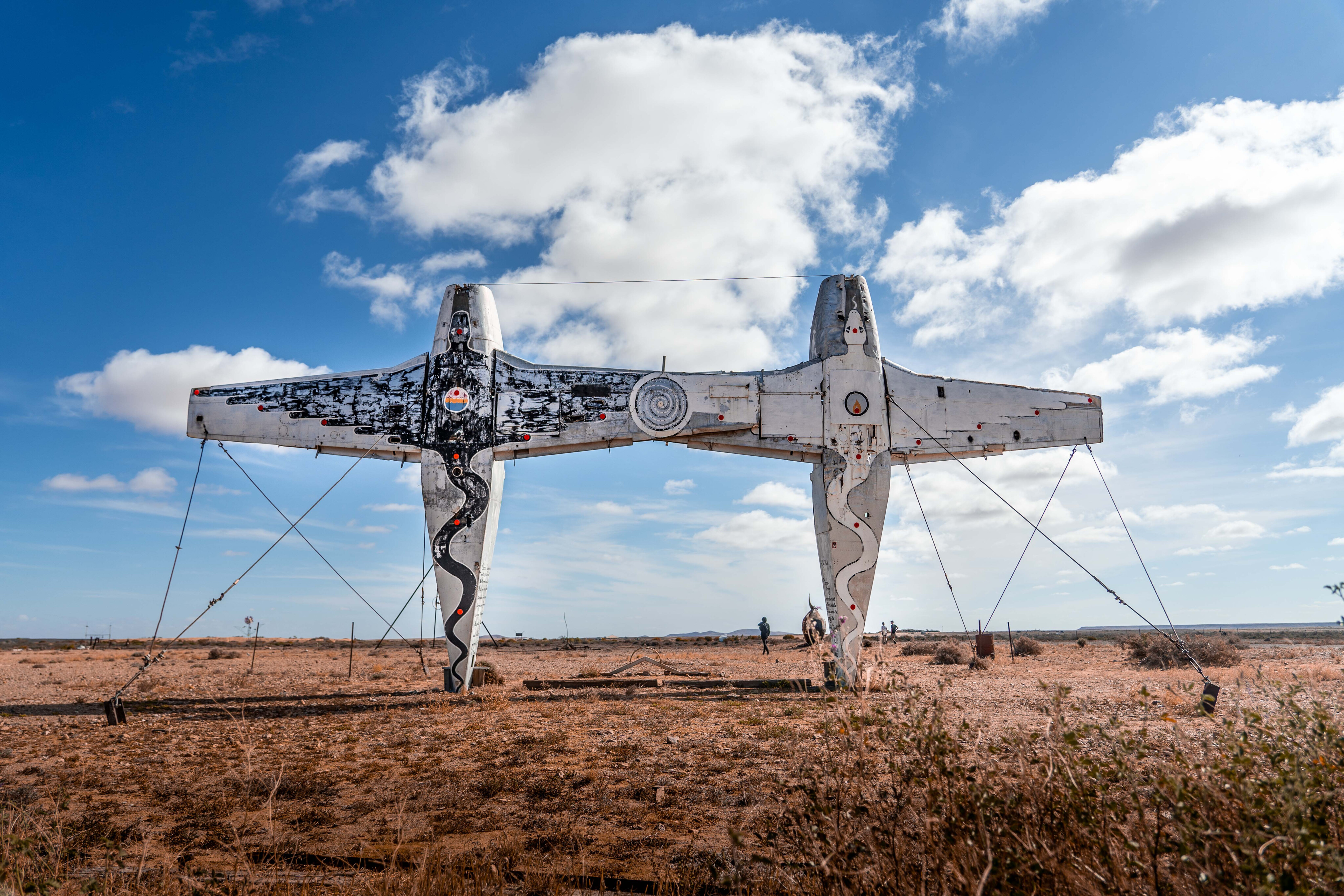
Look out for this
Old Peake Ruins
These aren’t just piles of stone; they’re ancient text messages saying, “We tried, okay?” Abandoned since 1906, the Peake Ruins mark the remnants of Mt Margaret Station, once the most remote European settlement in Central Australia.
Lake Eyre
It’s either a shimmering inland sea or a cruel, salty illusion, depending on when you visit. Either way, it’s mind-blowing and well worth a visit. The first 50m are filled with tourists’ footprints but go for a wander around the edges for an experience like no other.
Plane Henge
It’s like Stonehenge but with, well, planes. Found near William Creek, this is a quirky must-see. The robot man out the front catches all the attention, but the space shuttle is our favourite.
The Painted Desert
An optional detour off the track will bring you to this landscape that’ll make you question everything you know about the endless South Australian plains. Gorgeous multi-coloured hills that seem to glow in the morning and afternoon sun.
Wabma Kadarbu Mound Springs
Nature’s own spa treatment, only without the cucumbers and exorbitant prices. If you’re keen for a dip to wash the dust off consider the springs a non-negotiable.
Where to kick out your swag
William Creek Campground
GPS: -28.8944, 136.3319
Facilities: Hot showers, camp kitchen, fire pits.
What makes it special: Alongside its claim to fame as Australia’s smallest town, William Creek has the mystic allure of being near Lake Eyre. During flood years, this dry salt lake fills up and attracts birdwatchers and photographers from around the globe. So, when you’re not ogling the night sky or bantering with locals at the William Creek Hotel, you can take a scenic flight over Lake Eyre to make your friends jealous.
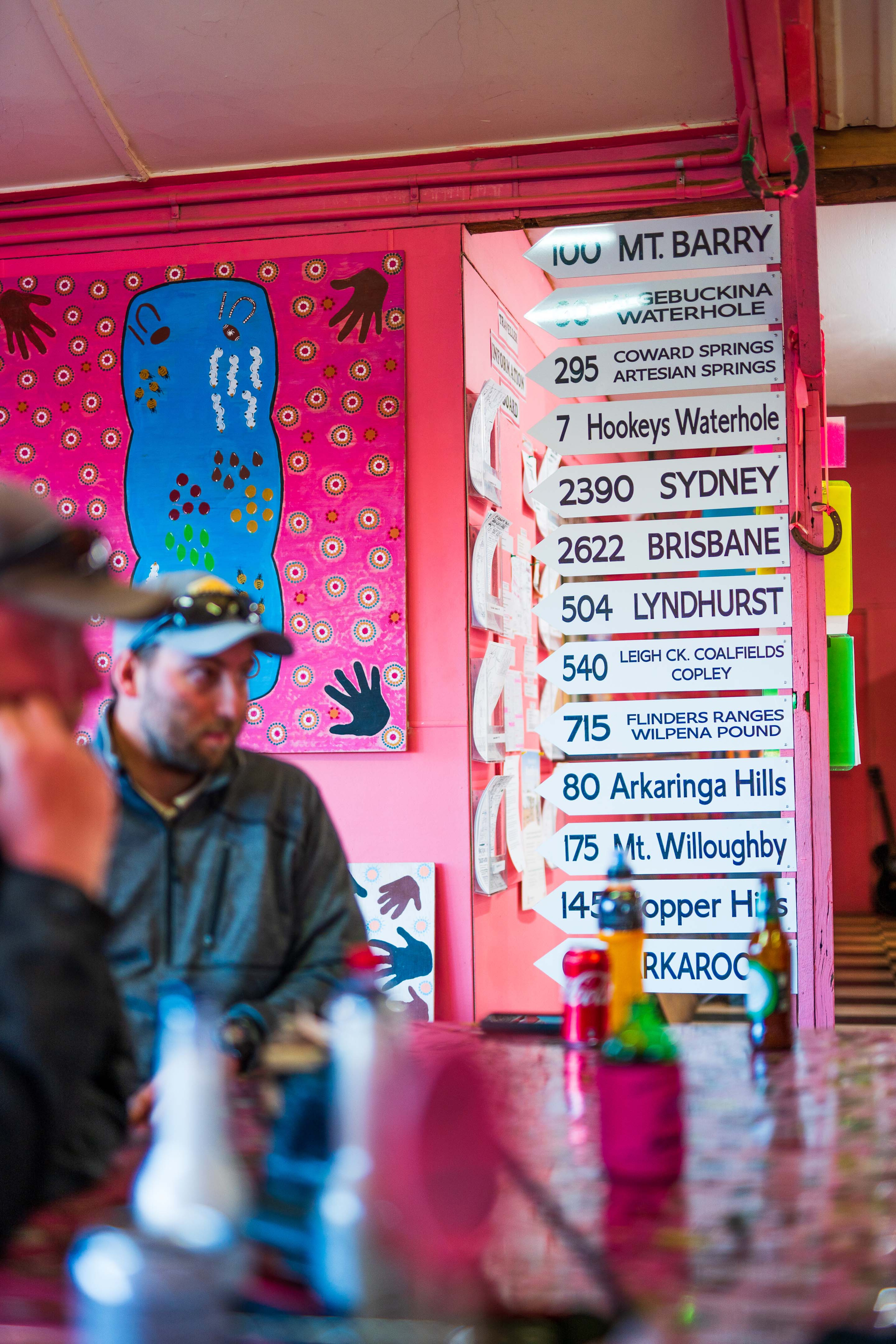
Algebuckina Waterhole Camp
GPS: -27.87947, 135.83506
Facilities: Basic, meaning you’ll want to bring your own amenities.
What Makes it Special: This site is more than just a waterhole; it’s a refuge for the soul. You’ll find dozens of bird species here, making it perfect for anyone who appreciates our avian friends. Plus, the historic Algebuckina Bridge, one of the longest in South Australia, offers an eerie but captivating backdrop.
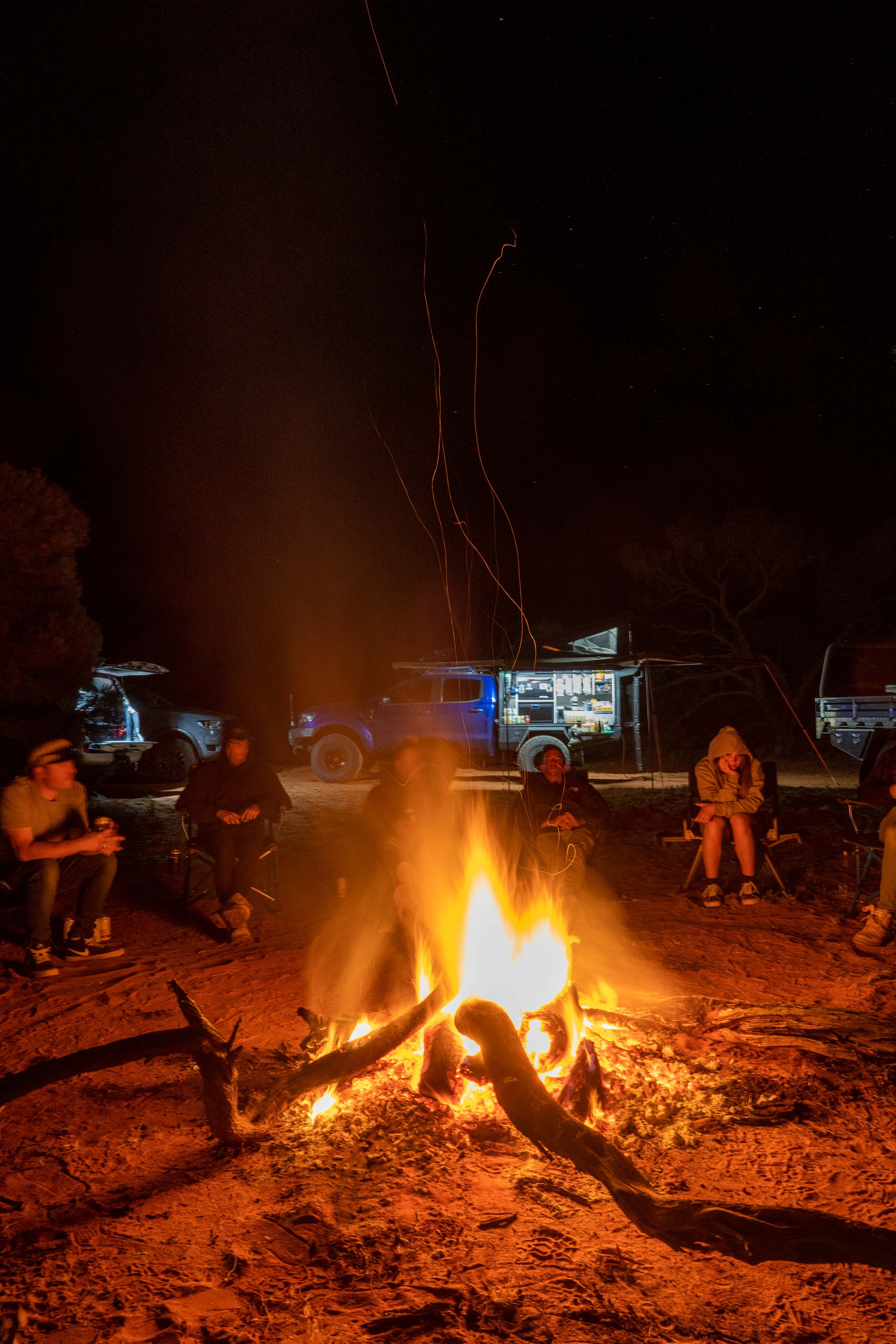
Dalhousie Springs Campsite
GPS: -26.42146, 135.50434
Facilities: Toilets, warm showers and picnic tables.
What Makes it Special: Not only do you get to soak in 38°C natural springs, but you’ll be doing so in an area steeped in indigenous significance. With more than 60 springs in the area, you’re basically at a natural spa. Make sure you also wander around to discover the ruins of the Old Dalhousie Homestead.
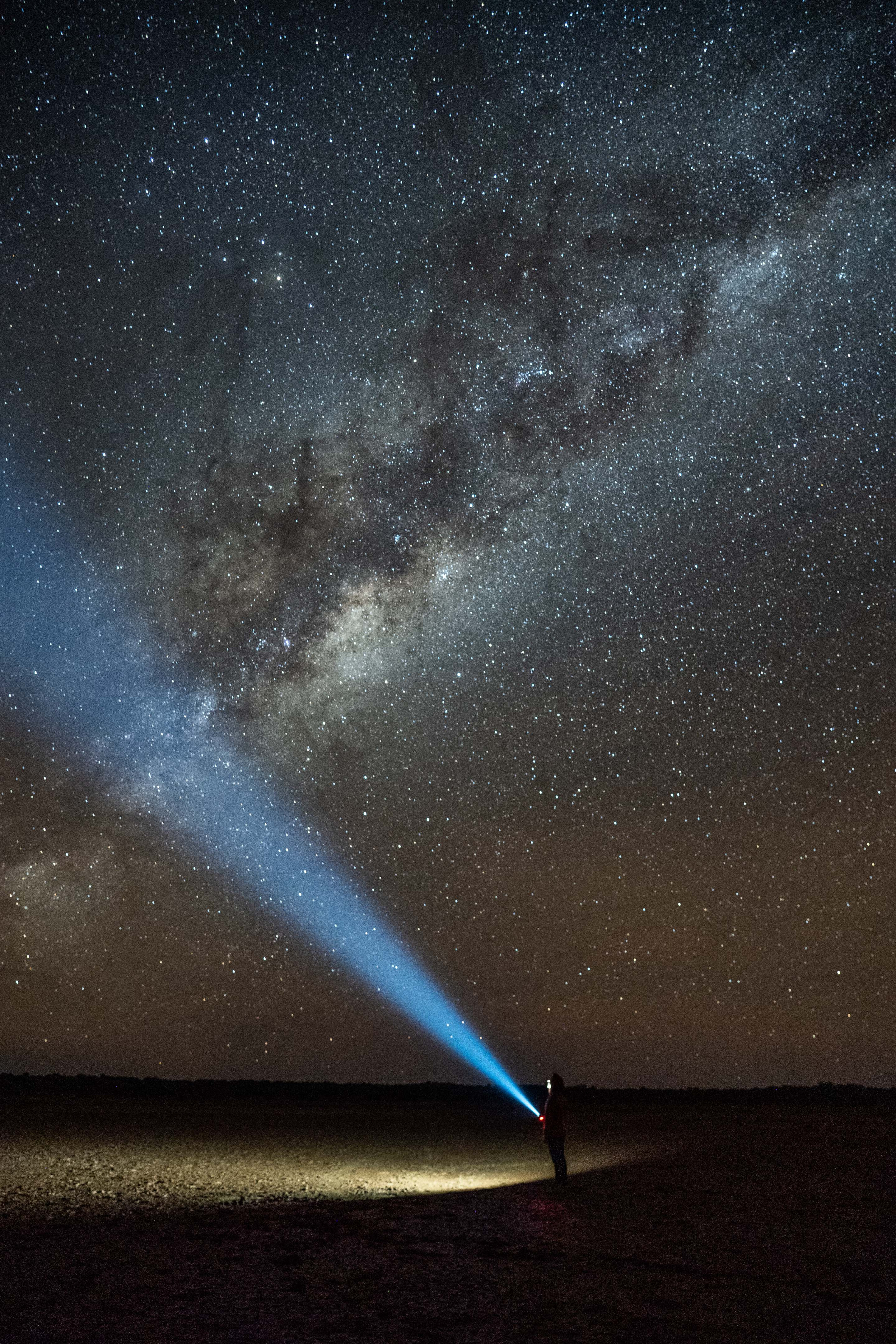
Coward Springs
GPS: -29.39741, 136.81283
Facilities: Toilets, and that’s about it.
What Makes it Special: Coward Springs is an oasis with palm trees, a natural spa, and an old locomotive water softener; it’s like walking into a time machine. Camp here and you can soak in the springs while pondering the site’s rich history, which includes its role as a stopover for the Old Ghan.
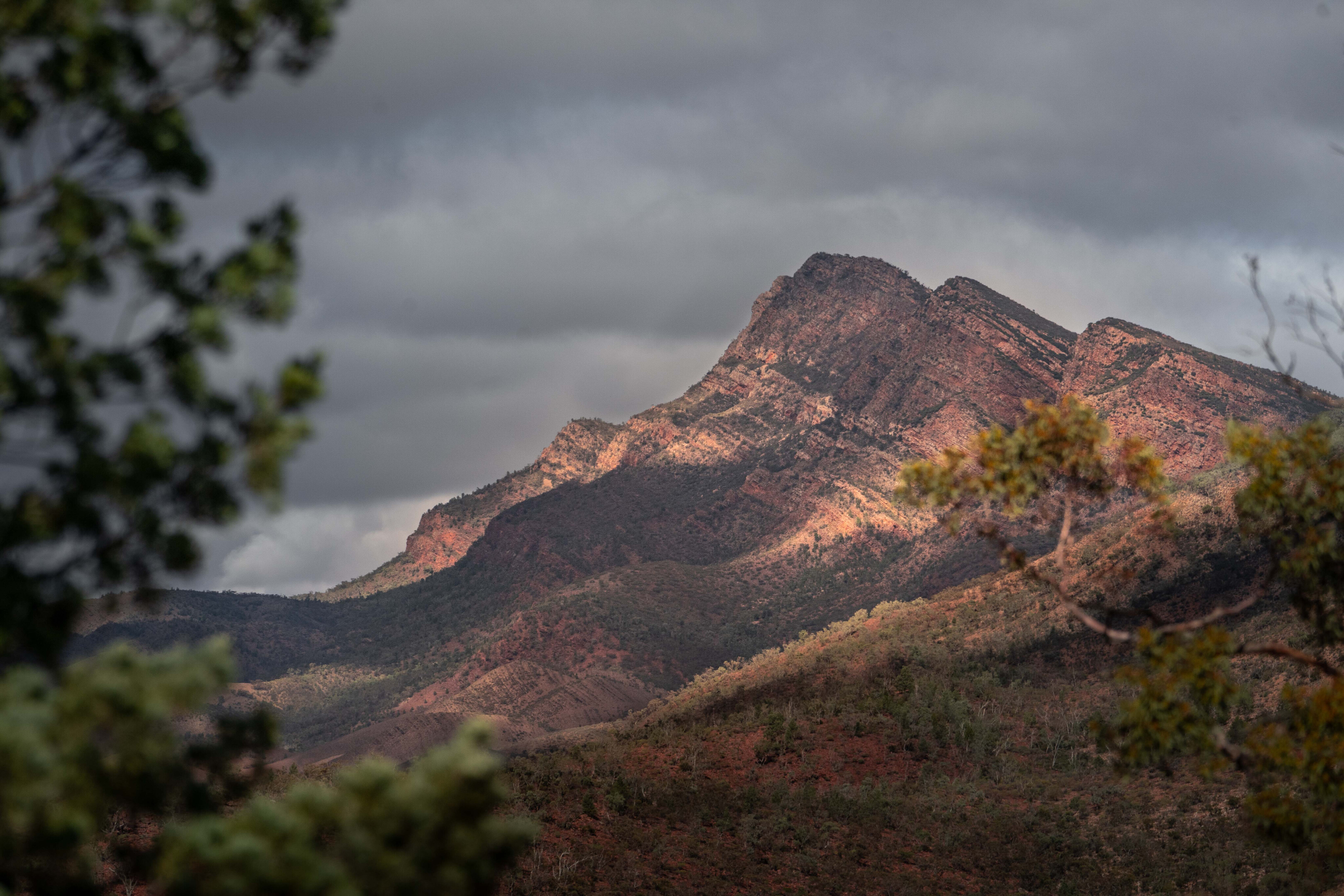
Mount Dare Hotel Bush Camp
GPS: -26.06853, 135.24769
Facilities: Toilets, showers and a fully stocked pub.
What Makes it Special: Push far enough north and Mount Dare is your gateway to the Simpson Desert. It’s your last chance to take a hot shower and fill up your tank before you brave the great sandy expanse. Plus, the Mount Dare Hotel offers a little luxury, whether it’s an ice-cold beer or a hearty steak meal.

COMMENTS